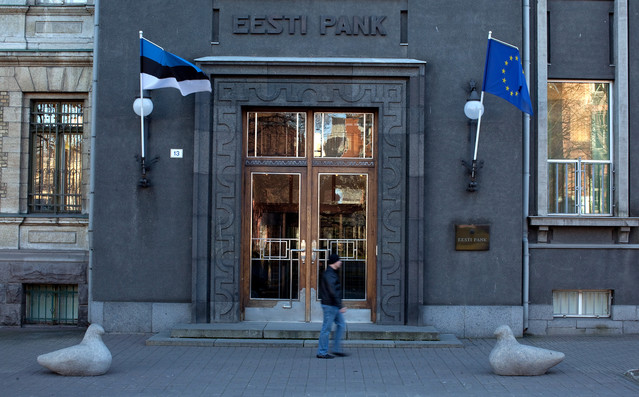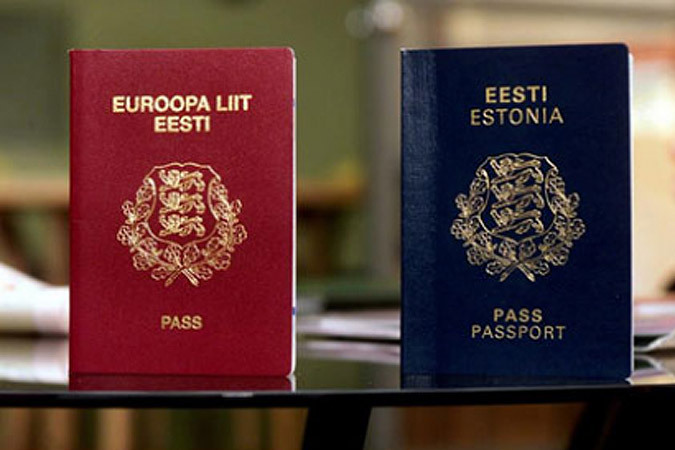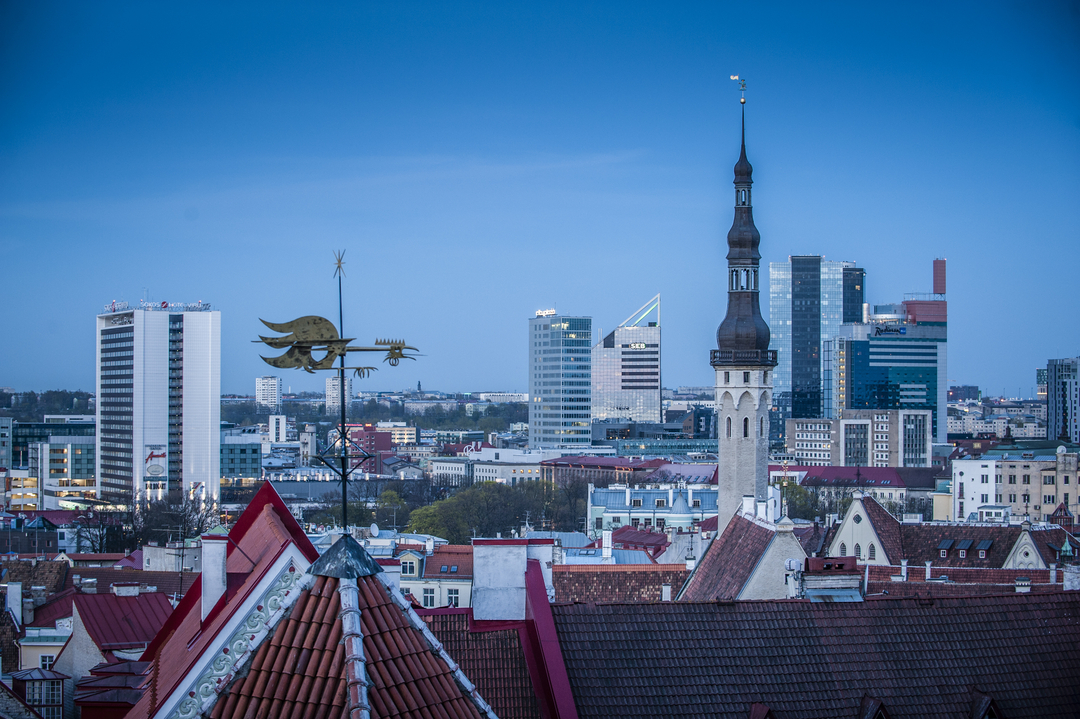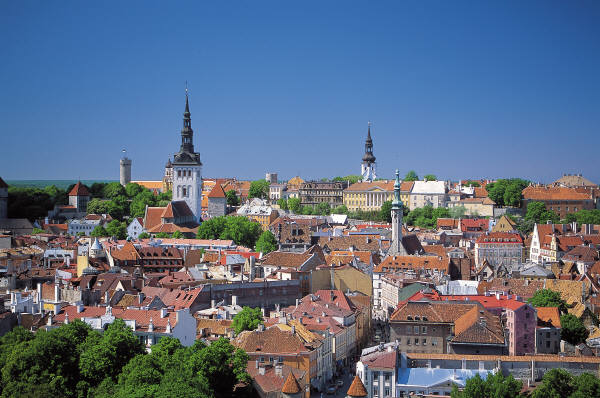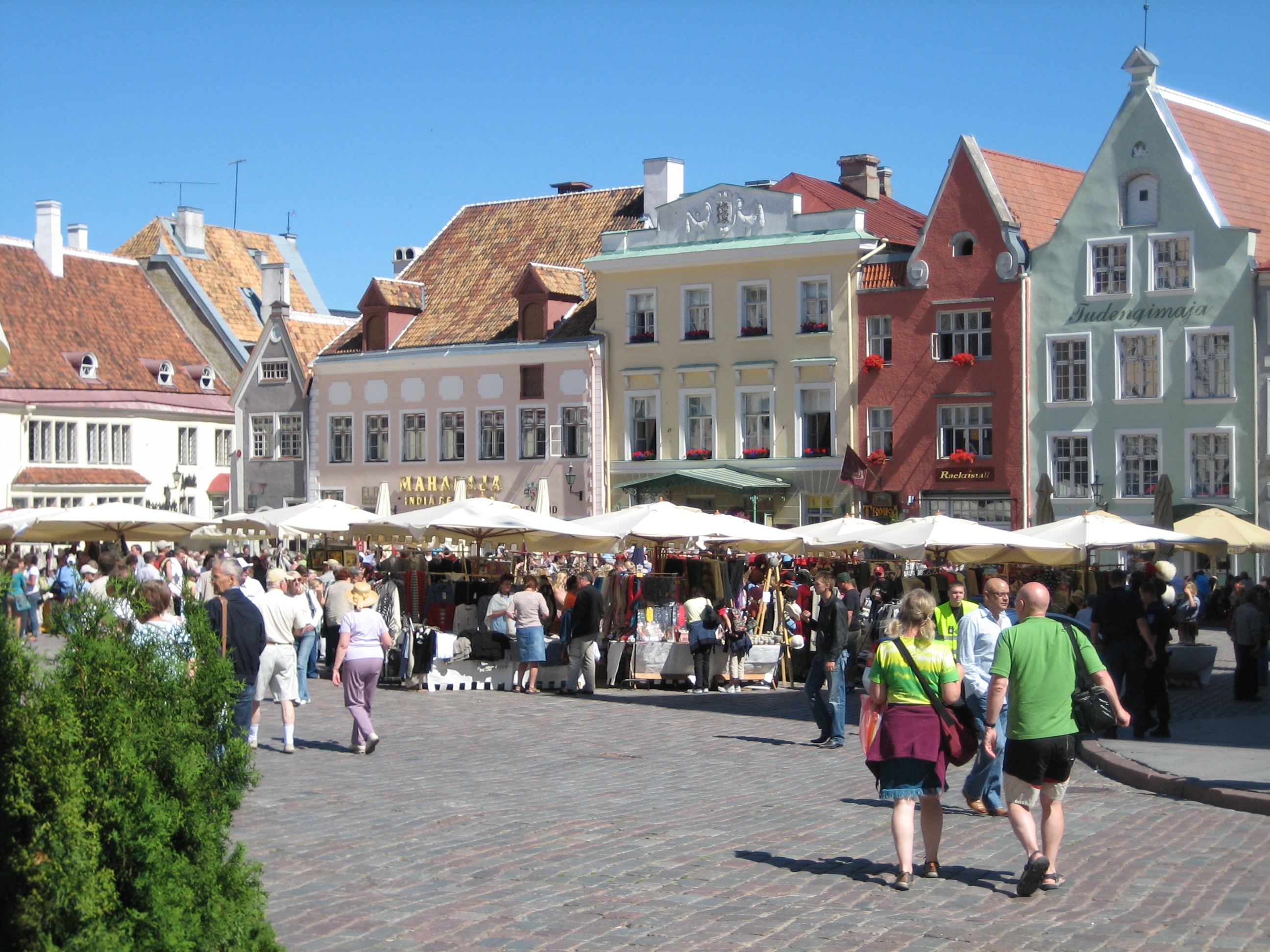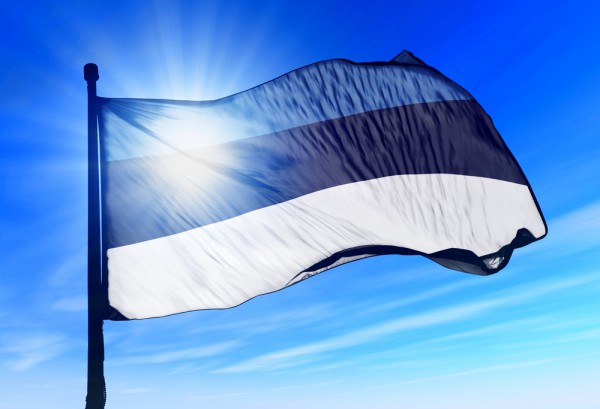Did You Know You Could Become An E-Resident In Estonia For Just RM200?
Do you have RM200 to spare? Do you love Estonia? Then this program is perfect for you...
Estonia has become of the first country in the world to offer e-residency no matter where you come from
Estonia has become of the first country in the world to launch an electronic residency program, hoping that the innovative approach will persuade foreigners to invest and start businesses in the Baltic state.
rt.comYes, you heard right, Estonia. Which may not be quite the place you think it is. Half the size of Tasmania and with a population of just 1.3 million people, Estonia sits at the top of the Baltic Sea, just between Latvia and Russia. In the 23 years since the country declared independence from the Soviets, Estonia has rapidly built its economy and become a hub for digital business in Eastern Europe.
abc.net.auFor just RM200 coupled with your own thumbprint, you can apply to be an e-resident of Estonia
Imagine a world where your virtual self is just as important as your physical location. Well it may not be far away. For about AU$70 (RM200) and a thumbprint you can now become an e-resident of Estonia.
abc.net.auOnce accepted, a digital ID card that gives you access to the country's e-services platform will be issued to you. With this card, you can start your own business online and join an Estonian bank.
Successful applicants will be issued a digital ID card with a computer-readable chip which, in combination with authentication PIN codes, will allow them to access a number of the country's e-services and conduct business online.
abc.net.auThe digital identity card would allow successful applicants to:
- Start your own business online
- Join an Estonian bank
- Sign documents with an EU-approved digital signature
- Authenticate documents and your own identity online
However, having an e-residency does have its limitations. It does not grant you citizenship rights nor can it be used as a travel document.
E-residency does not grant citizenship rights or function as a travel document, but it will enable people to incorporate a company, set up bank accounts and access the EU market from a virtual online base in Estonia, using the government-backed digital ID.
abc.net.auTo be clear: E-residency is not a path to citizenship; it's not legal residency. It cannot be used as a travel document or a picture ID. Instead, it's a form of supranational digital identity issued, for the first time, by a country. It's the online self, now with a government imprimatur. And it's the latest innovation from a tech-savvy nation that brought you Skype, the world's first digitally signed international agreement, and an intricate national ID system that allows citizens to speedily elect politicians and file taxes online.
This move is not surprising, given that Estonia is described as the "most wired country in Europe". The Estonian government has been providing a host of online services including e-health, e-school and even e-voting.
Kaspar Korjus, the project manager, said the move was initially to help foreign residents in Estonia, often described as "the most wired country in Europe", participate in the country's "digital society" - the suite of government services that are provided online, including e-health, e-school, e-tax and e-voting. "And then we just decided, why not let's just open it up to all foreigners also so that they could be involved in Estonia more openly," Mr Korjus said.
abc.net.auThis latest move would solidify Estonia's status as an e-commerce and e-documentation hub, just like Switzerland's status as the heart of banking
Dr Clare Sullivan, a cyber law and digital identity expert from the University of South Australia, said the move had even broader implications. Digital identity is probably the most significant legal and commercial and political concept we have in today's world – it's developing very rapidly. "It's a significant move in terms of the evolving notions of digital identity," Dr Sullivan told 7.30.
abc.net.au"So, providing the Estonian government gets the security right and gets its identity verification right, it could very well be an inducement to other countries following suit and using the same architecture. "It is designed to make Estonia synonymous with e-commerce and e-documentation, much like Switzerland was synonymous with banking."
abc.net.auRecently, British journalist Lucas Edward became the first foreigner to be awarded the Estonian e-residence card
Best wishes & congrats to Senior Editor @TheEconomist @edwardlucas for the first #e-residence card of #Estonia pic.twitter.com/TLMc9o7bKm
— Lauri Bambus (@LauriBambus) December 1, 2014
A British journalist has officially become Estonia's first e-resident, after being presented with his digital ID card by Estonian president Toomas Hendrik Ilves at a ceremony in Tallinn. Edward Lucas, a senior editor at The Economist magazine and an expert in cyber-security issues, said he had a long-held interest in Estonia's "digital society" and expected e-residency would come with practical benefits.
abc.net.auThis new approach is already making waves as the country's flat tax structure makes it appealing for businesses. 10,000 people have already signed up for the program with millions expected to join years later.
Estonian officials believe that foreigners will be interested in digital IDs due to the country’s flat tax structure and the fact that it doesn’t tax profits reinvested into business. “The adoption of non-resident ID cards is an additional argument in favor of investing in Estonia,” Taavi Kotka, the deputy secretary general at the Estonian Ministry of Economic Affairs, told the Tech Week Europe website. “Today, it is difficult for a foreign investor to actively participate in the executive management of a company. The non-resident ID card and digital signature would provide the necessary flexibility,” Kotka said.
rt.comEstonia already has over 10,000 people signed up to the program and is hoping to have millions within a matter of years.


